
Live Immersive Performance
A Performance exploring the nature of acousmatic listening; sound removed from visual context and understood for it’s own properties.
Arika have been creating events since 2001. The Archive is space to share the documentation of our work, over 600 events from the past 20 years. Browse the archive by event, artists and collections, explore using theme pairs, or use the index for a comprehensive overview.

A Performance exploring the nature of acousmatic listening; sound removed from visual context and understood for it’s own properties.

Akio Suzuki and John Butcher performing in a remote sea cave near Durness.

An improvised film about our worlds at the brink, on the edge, in front of a crisis. To stand on the side of life, by seeing the resistance to genocide in Palestine as a turning point to overcome.

John Mullarkey sets in a wider context our understanding of Alain Badiou and Francois Laruelle, two of the most radical philosophers in Europe today.

As part of Karrabing’s visit to Scotland, the collective will be hosted for three days in the Isle of Skye by The School of Plural Futures.
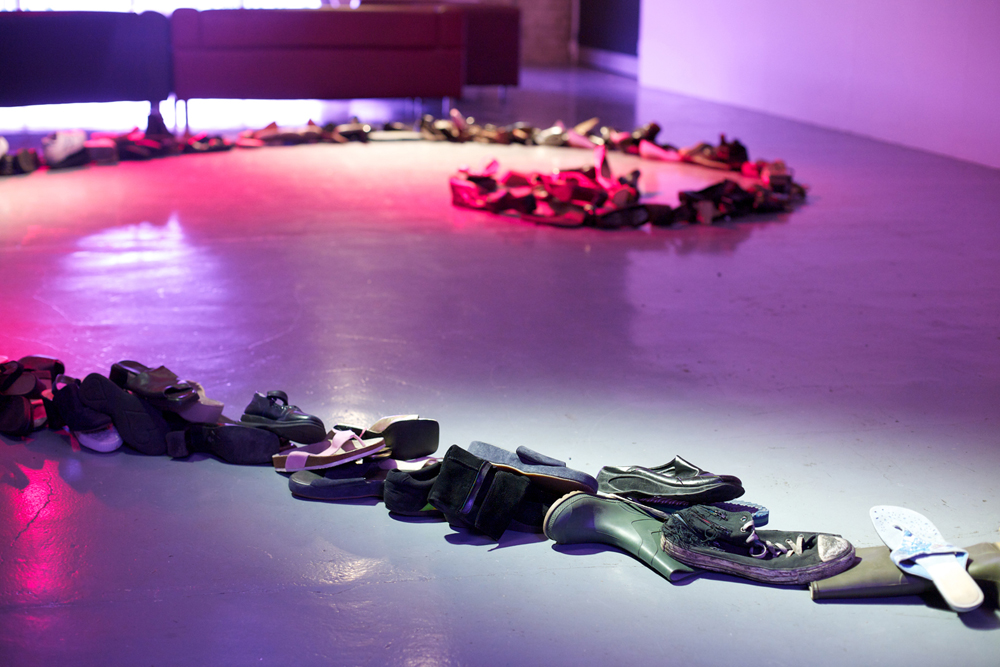
The worlds leading radio art station brings you: a performance, a radio show, an installation, an endurance test.
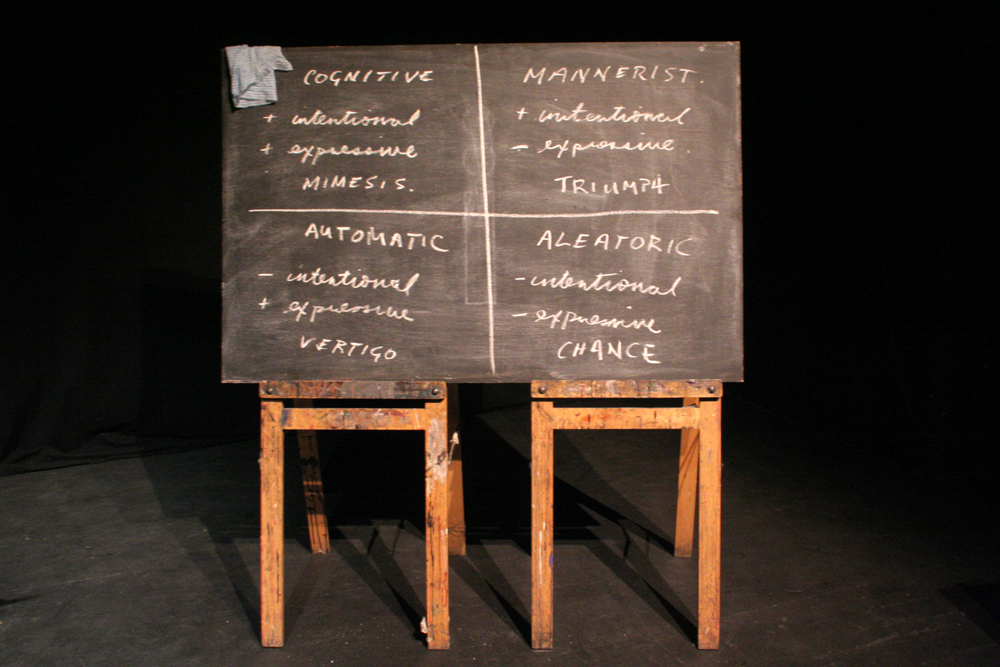
Christian Bök‘s work spans thrillingly conceptual poetry to body-shaking vocal performances.
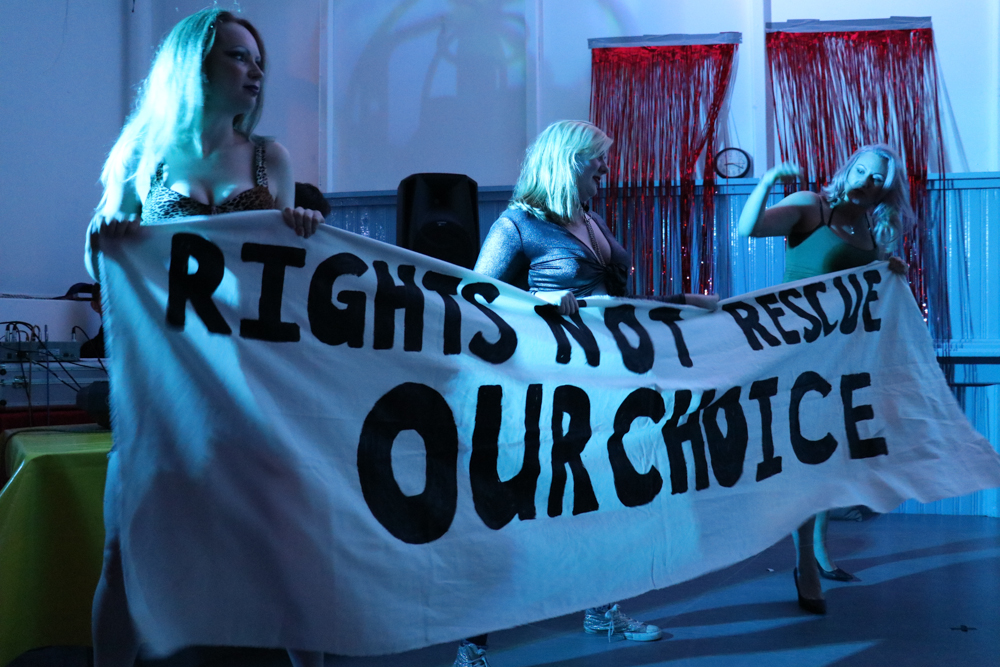
A party and fundraiser to support Sex Workers’ struggles and LGBT Unity with music and performances from the sex workers’ community and allies, plus DJ’s and dancing.
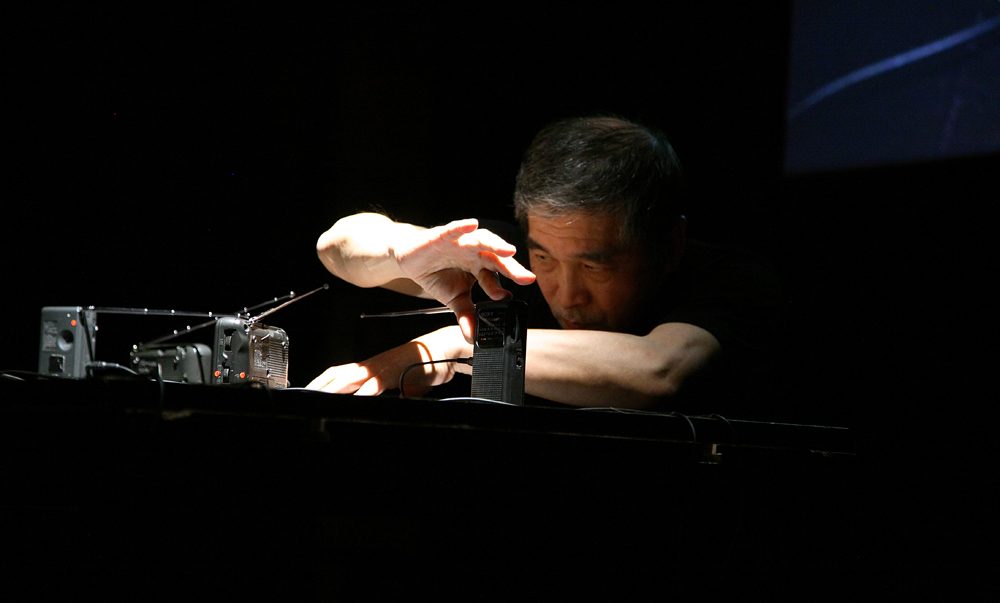
Performing with hand built radio transmitters, which react to interference in the atmosphere and the electrical impedance of his hands, his radio art is a form of social practice; a statement in opposition to mass media.

The queer archiving of traumatic cultural memory from one of the leading voices working with queer archives.
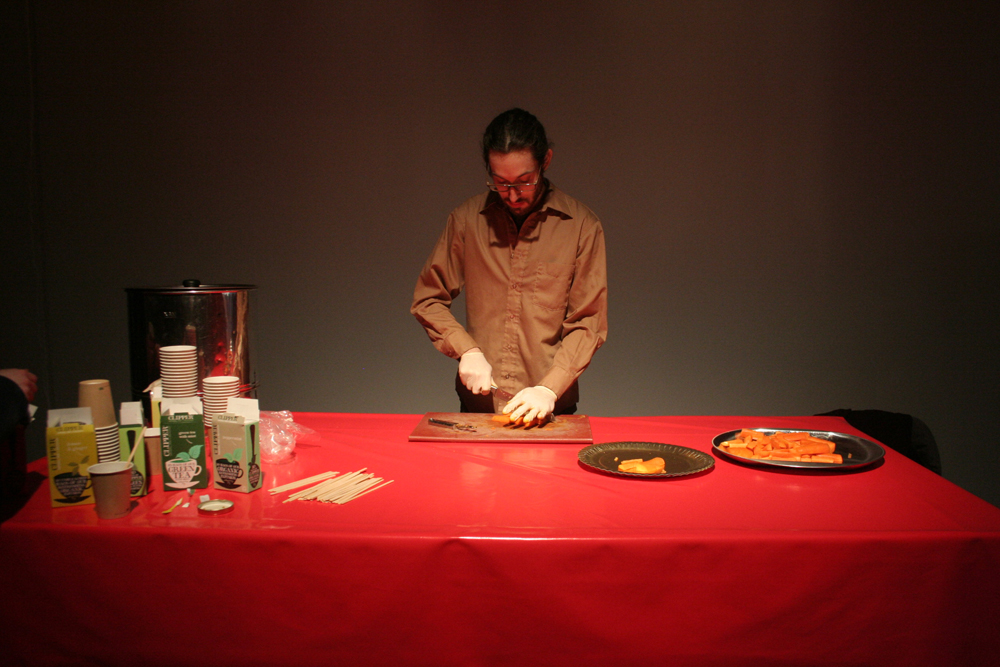
Jarrod Fowler and Christof Migone kick things off with performances involving edible plants, a saw, dandruff, and Christof responding to the prompt: “as far as you can for as long as you can.”

Chris Corsano, Akio Suzuki and John Butcher performing in the Hamilton Mausoleum, Hamilton.